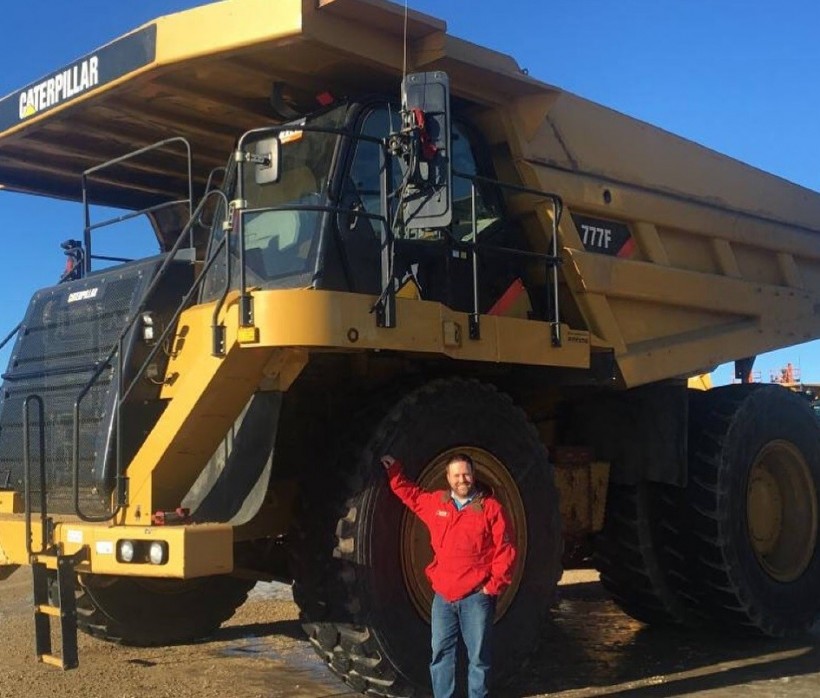Construction AI, one of the winners in the recent Sprint competition in Nova Scotia, is negotiating with two major software companies to adopt its technology.
Based in Mosquodoboit Harbour, NS, and Alberta, Construction AI has developed artificial intelligence software that helps the construction industry plan the excavation of a work site. The pain it addresses is something known only to people who prepare construction sites – the need to do away with spot elevations. These are points on the site that are at a different height or depth than the rest of the terrain.
The company’s software automates the tedious task of identifying and accounting for spot elevations. CEO Jeff Graham said in an interview that construction is a $40 trillion industry worldwide so the market is huge, though he admits explaining the solution to non-construction folk is also a tedious chore.
“If you’re not in construction, you’re going, ‘Man, is that actually a thing and is there pain?’” he said. “But if you’re in the industry, you know the pain and you think, ‘Wow, I don’t actually have to do this.’ One of my contacts calls this [finding spot elevations] the worst part of his job.”
Construction AI made the news this week when it was chosen as one of four winners in Innovacorp’s Sprint competition, which awarded $25,000 each to early-stage software companies. The other winners, all from Halifax, were: Maritime BioLoggers, which improves blood specimen transport; ReelData, which makes software for aquaculture feed cameras; and SalesRight Technologies which helps sales professionals close deals through interactive and intelligent pricing.
What's Next for Nova Scotia's ETC Reforms
As well as Graham, Construction AI’s team comprises two PhDs based in Alberta, Jason Heard and Max Klein, who have developed the AI capabilities of the software. The company has also raised $245,000 in angel investment to fund the early stage of development.
Graham said estimators, or the people who assess what’s needed to excavate a site, need to account for a range of factors, such as the amount of gravel and the length of pipes that will be needed. “There’s a million different things you have to think about, and heaven forbid you get it wrong because it can sink your company,” he said.
He said that about 40 companies currently make earthworks software, but none has the ability to identify and account for spot elevations. Construction AI can be used on all 40 of these earthworks software packages.
A few end users are now using the Construction AI software. And the company is in talks with two major earthworks software producers, who are interested in licensing the solution to be included in the software bundle they sell to customers.
Graham said just one of these potential partners has 40,000 clients, and any of these clients could have a dozen estimators. These numbers give an indication of the size of the market, and how quickly Construction AI could reach into the pool of potential clients.
“We think 500,000 to 1 million estimators that could use it,” said Graham. “You don’t need that many of them. If we get just 1 percent of the market we’ll be rocking, absolutely rocking.”










